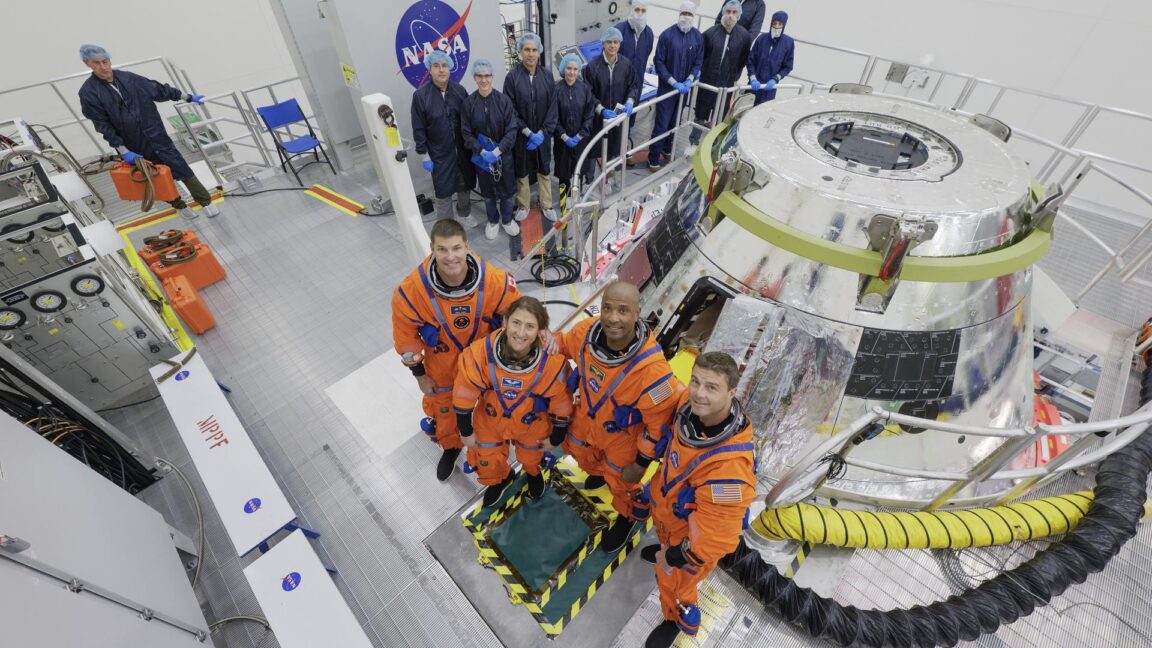
"Imagine that. Hansen will be seated atop a Brobdingnagian rocket, fueled with explosive liquid hydrogen and oxygen, just about to blast off on a wild ride that will ultimately carry him and three other crew members out to the Moon and back. Perhaps a billion people around the world will be watching. And there he'll be, trying to catch a few winks."
"That Hansen is contemplating a nap on the launch pad of the Artemis II mission underscores just how frenetic the opening day of this mission will be as the astronauts test out the Orion spacecraft to ensure it is indeed ready to fly them to the Moon. It will be a super-busy, high-stress time, during which everything must go right or they'll have to come straight back to Earth. So yes, maybe the crew should grab some sleep when they can."
"Glover: Launch comes after you've been awake for seven hours, and your brain is going in a bunch of different places, right? And so you've already worked a full day, and then you go do, like, the most energetic thing you've ever done in your life. Liftoff of the Artemis II mission is presently scheduled for no earlier than February 5, 2026. If the rocket, spacecraft, and weather are good, the mission"
Artemis II's crew — Jeremy Hansen, Commander Reid Wiseman, Pilot Victor Glover, and Payload Specialist Christina Koch — will conduct intensive early-flight tests of the Orion spacecraft to confirm readiness for lunar transit. The opening day will be frenetic and high-stress, requiring flawless performance or an immediate return to Earth. Crew activities include monitoring spacecraft systems, executing built-in test procedures, and maintaining readiness for contingencies. Some crew members plan to exploit brief opportunities for rest, including Hansen's intent to nap on the launch pad if possible. Liftoff is currently scheduled no earlier than February 5, 2026, pending rocket, spacecraft, and weather conditions.
Read at Ars Technica
Unable to calculate read time
Collection
[
|
...
]